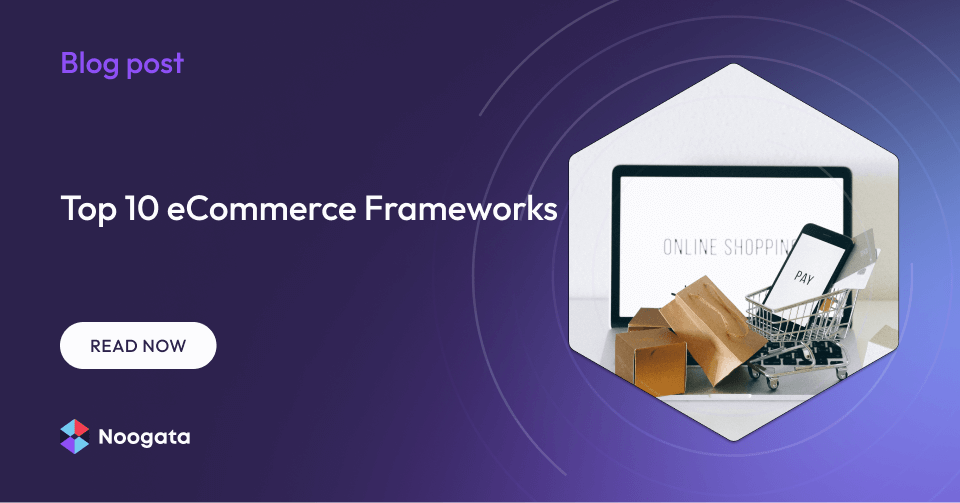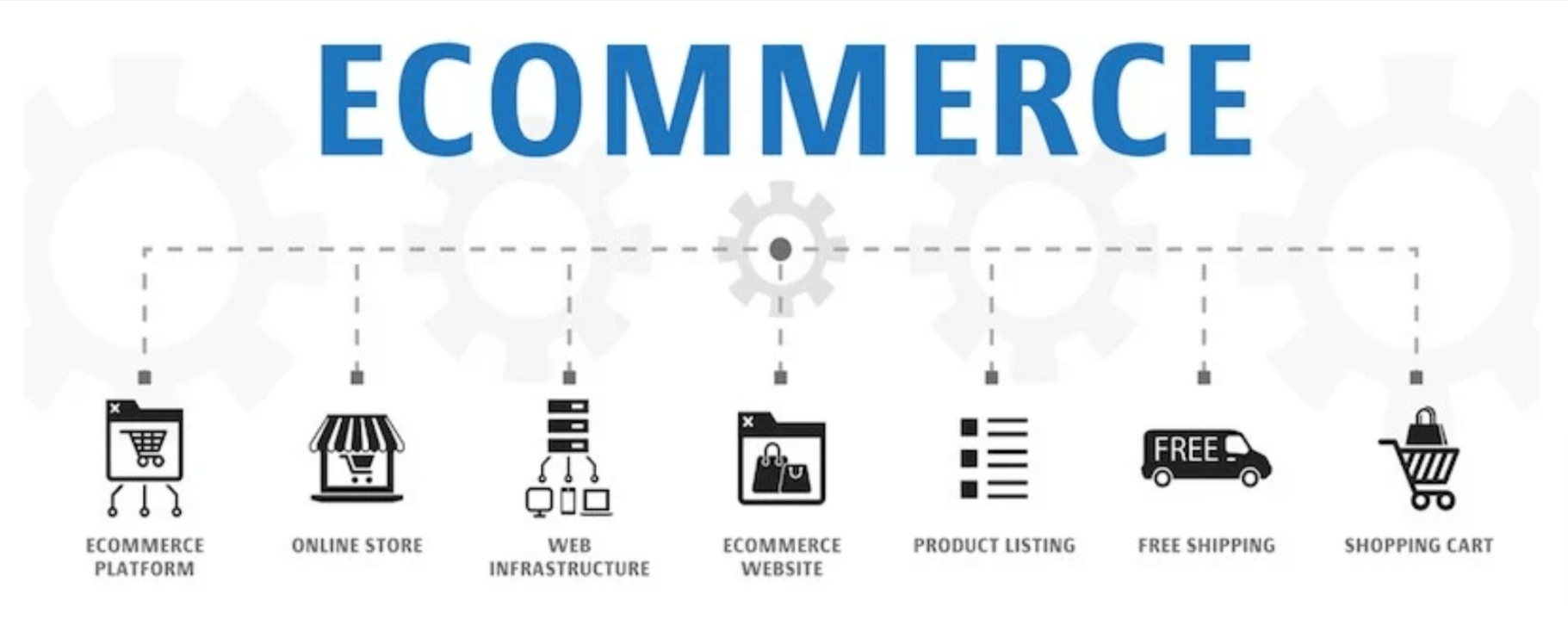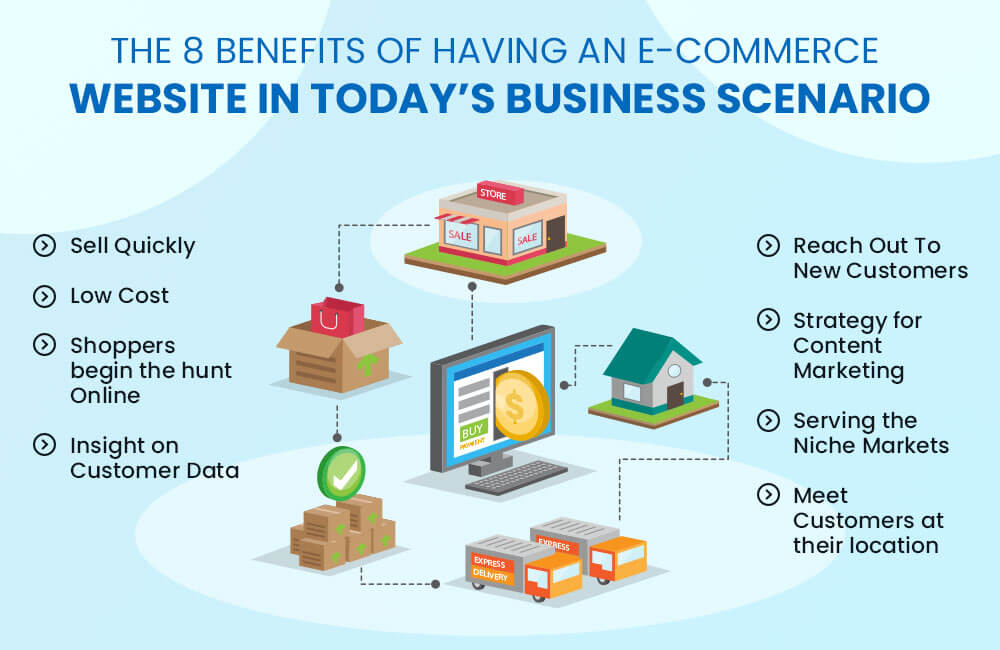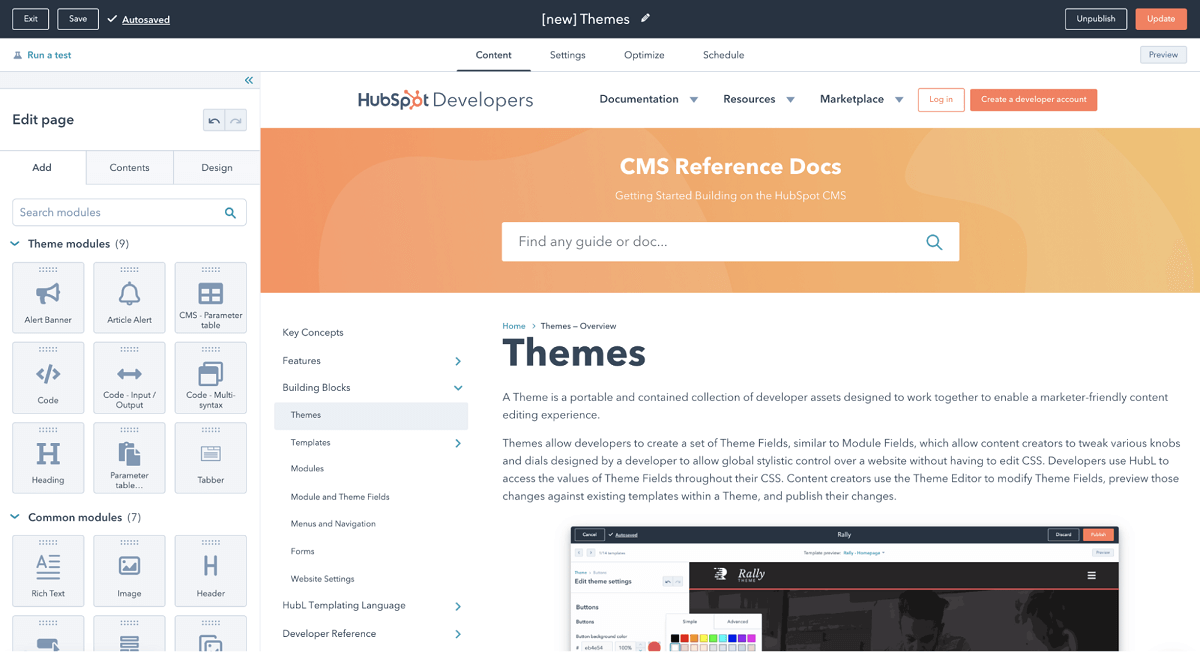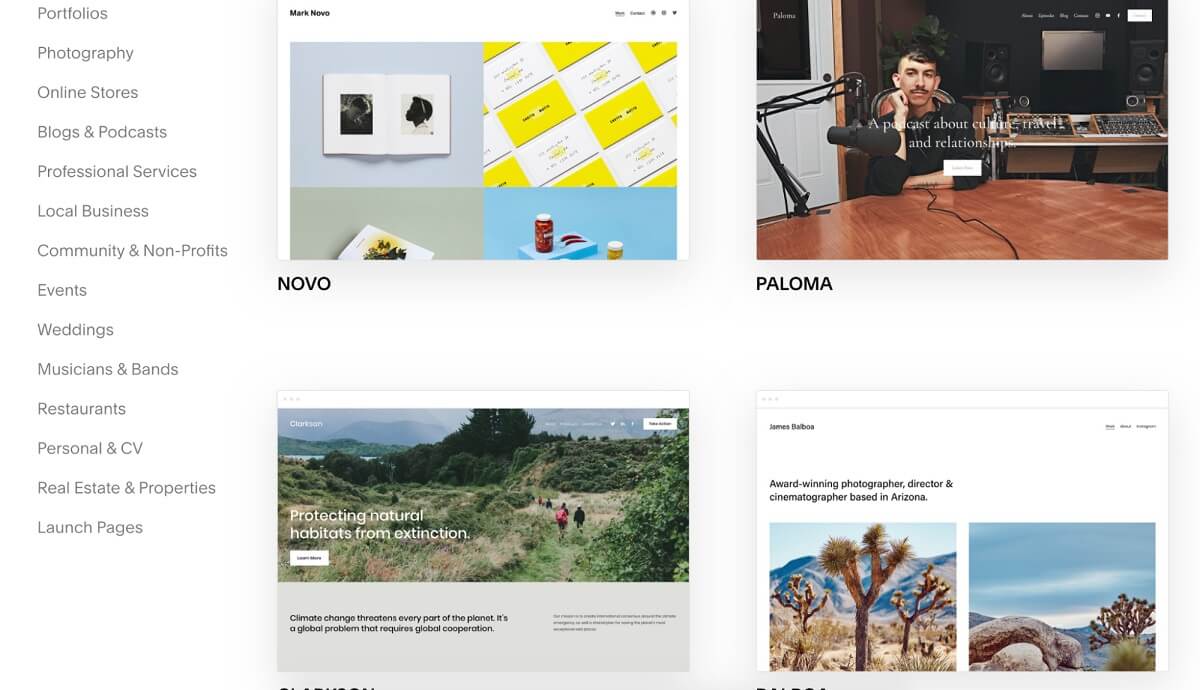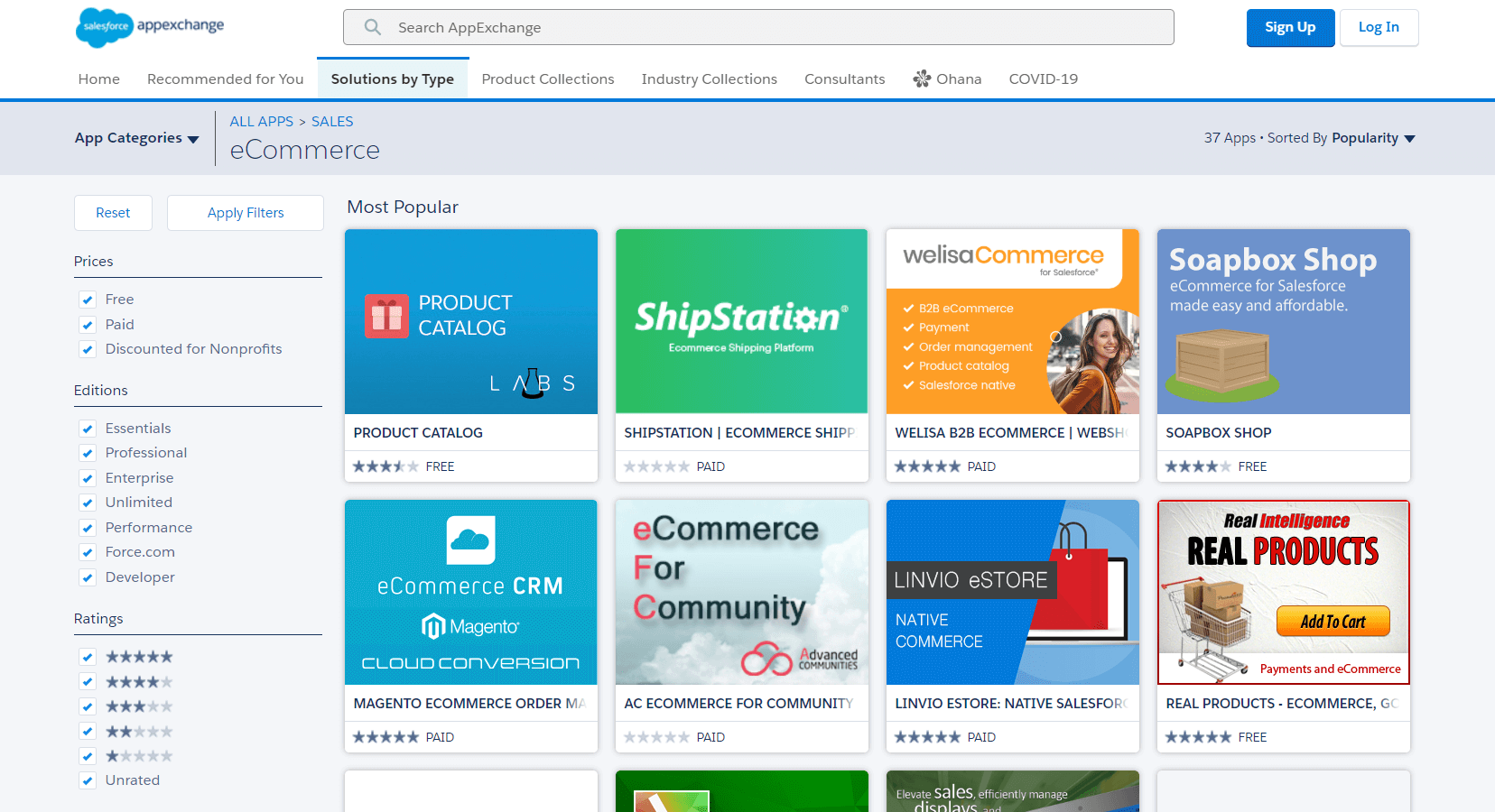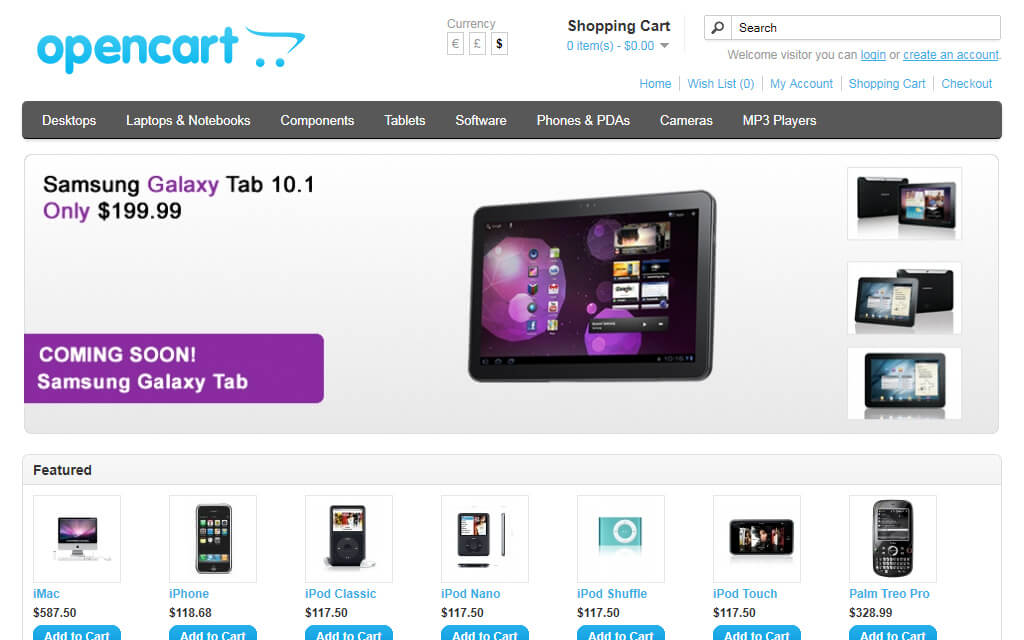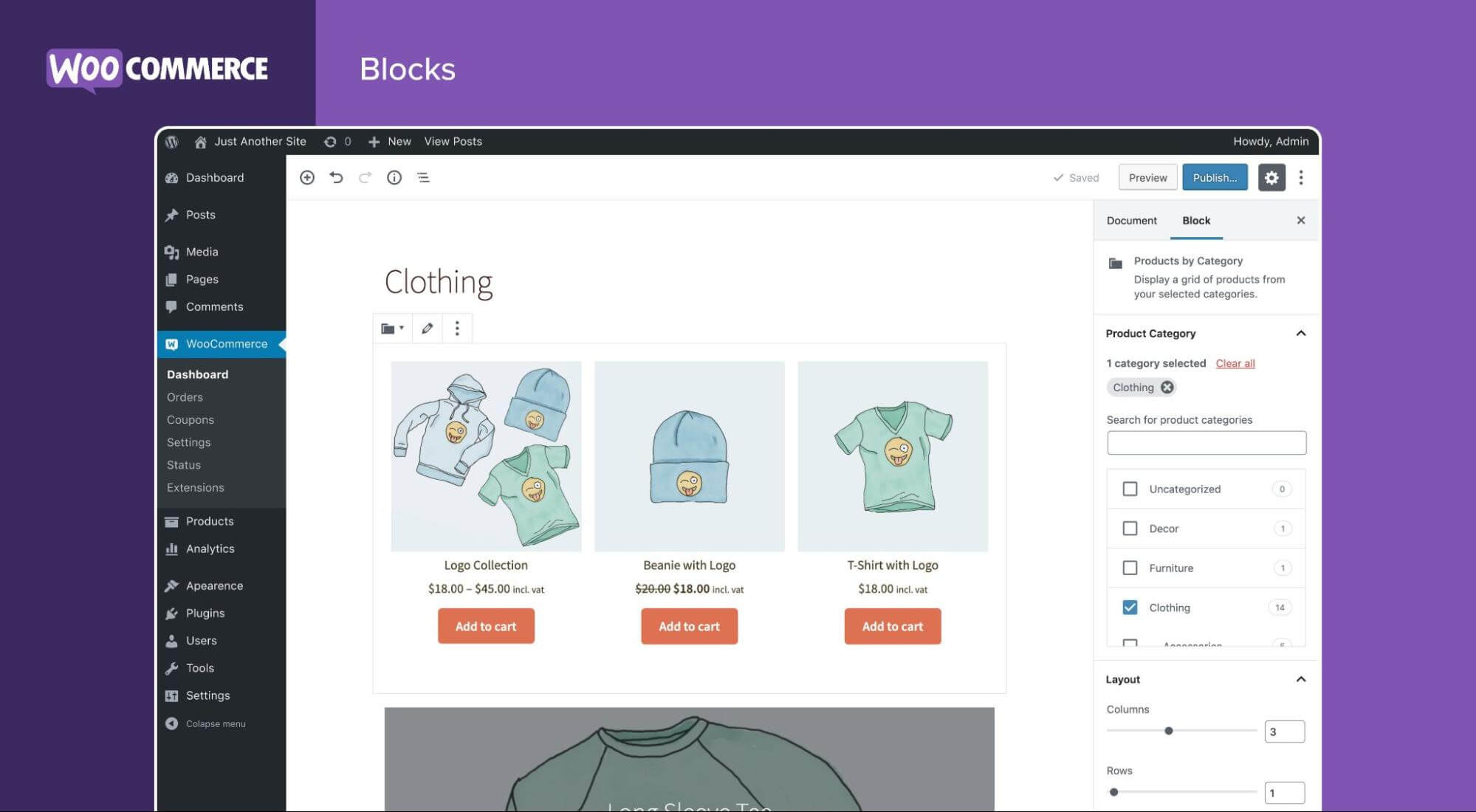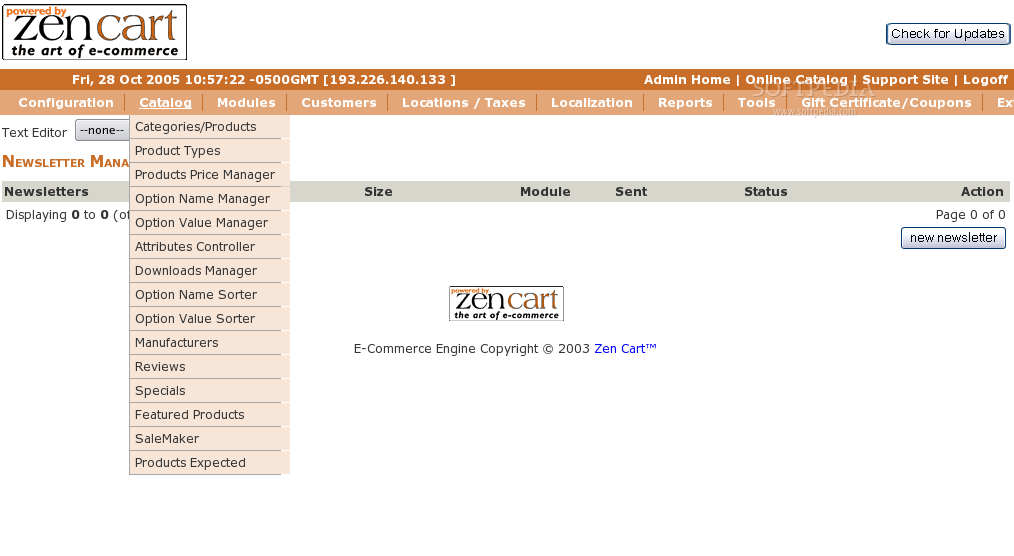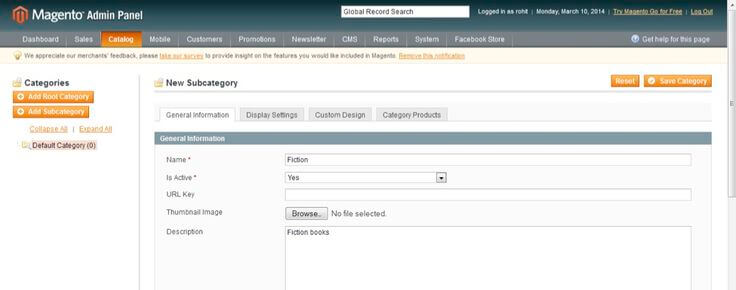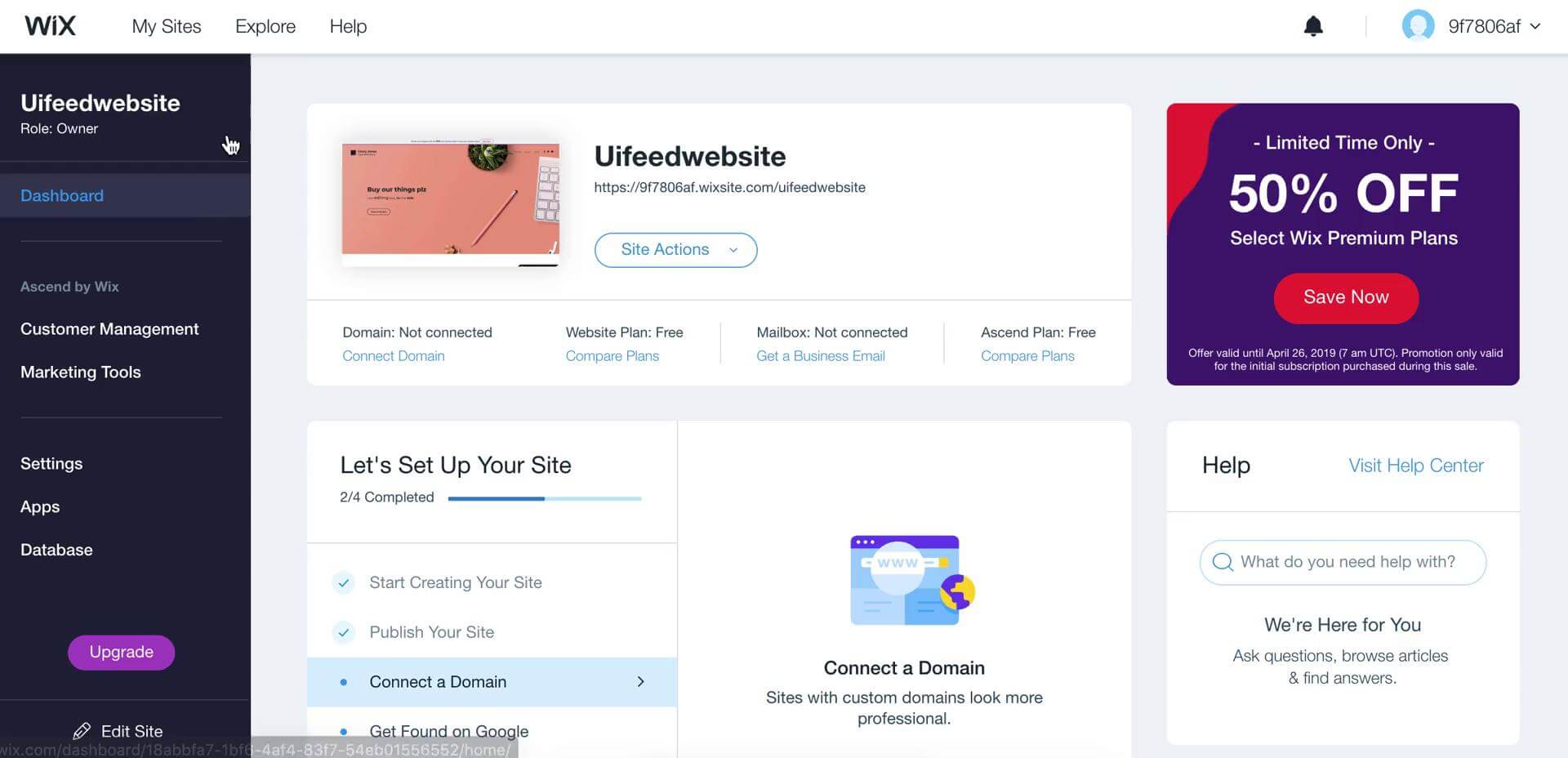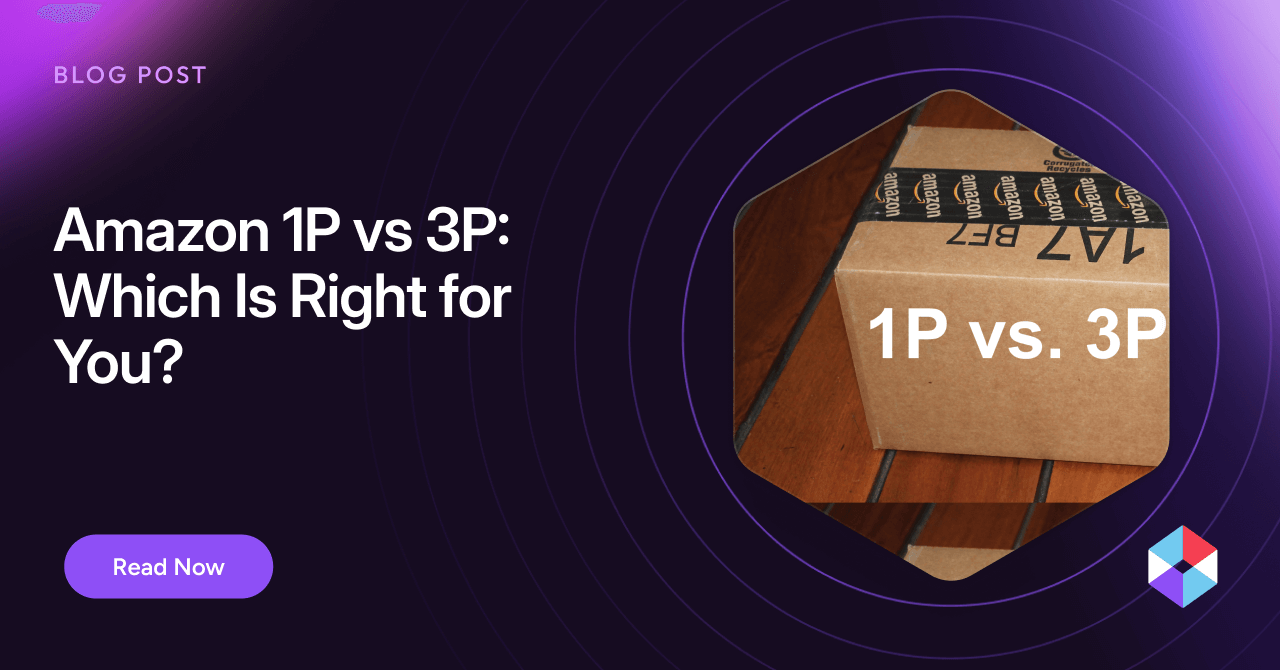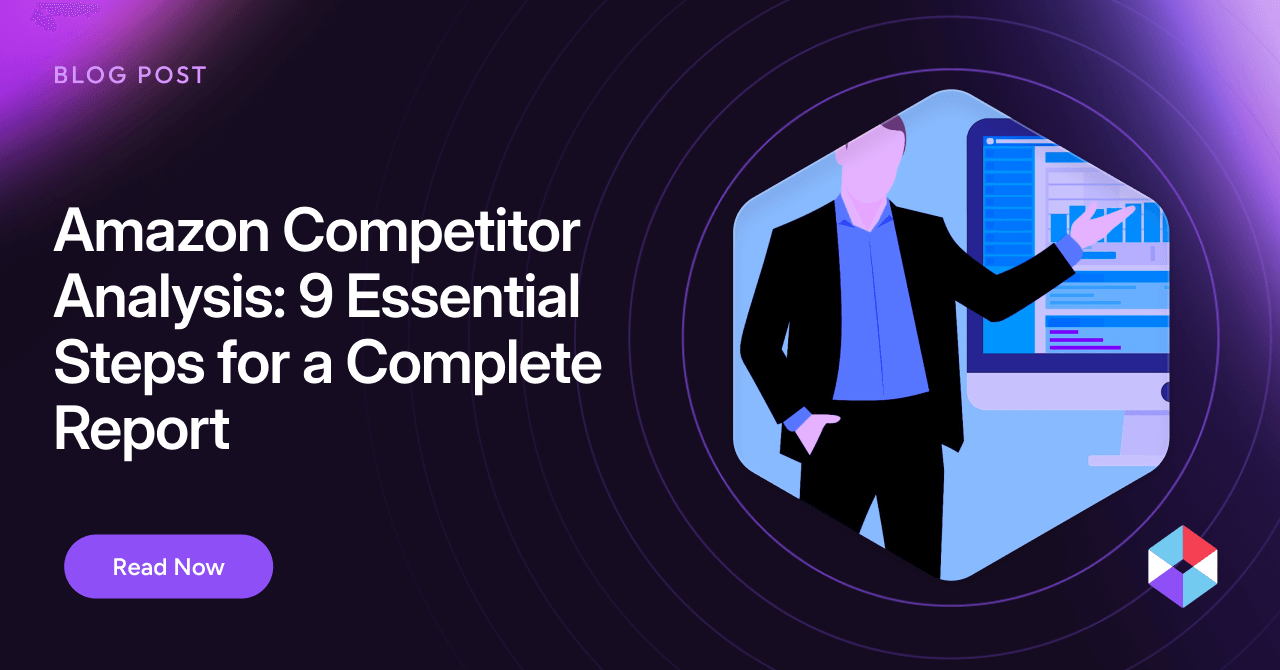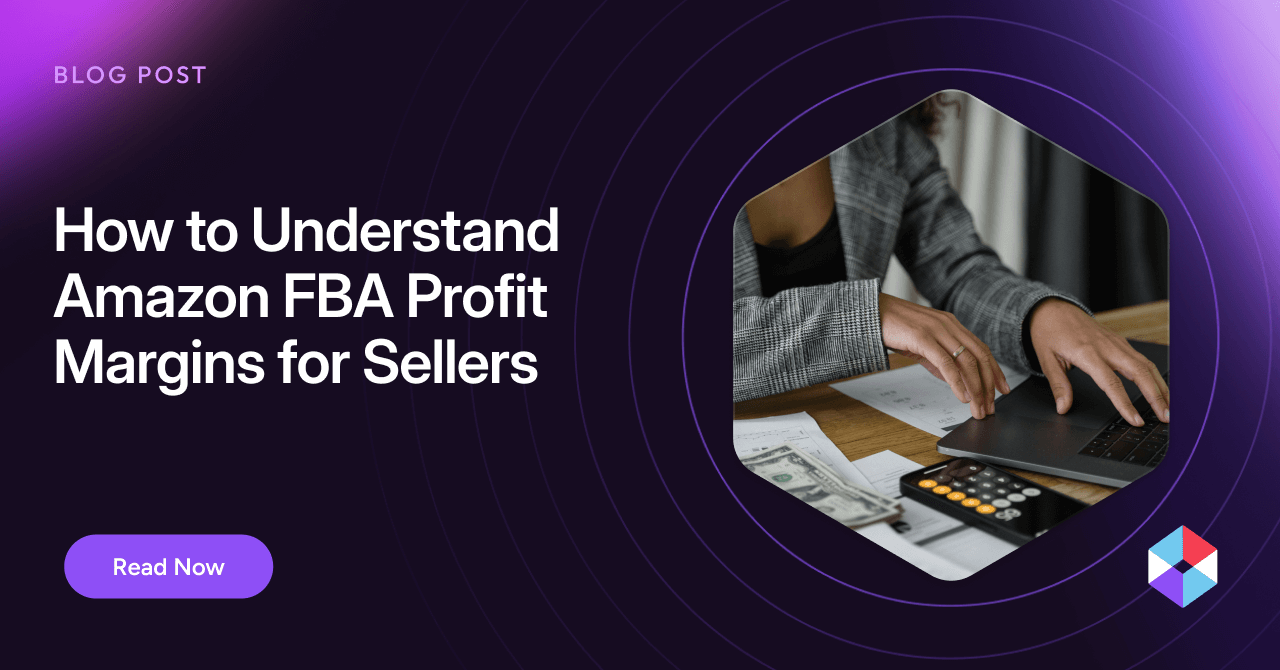When the entire world is your marketplace, there’s an eager audience for nearly any product imaginable. But to turn them into revenue-generating customers, there’s one thing you’re going to need: an excellent eCommerce website.
Ecommerce is a global business model that exceeded $5.4 trillion in sales last year and just keeps growing. Opportunities abound for new retailers, but it’s about more than having great products and slick branding. Your website’s quality matters—a positive user experience is among the top five purchase drivers, cited by more than 28% of consumers as a deciding factor.
Fortunately, you can create a competitive website without designing and coding it from the ground up. Frameworks exist that can help you with every aspect of site creation and management, and many of them are free to use. In this post, we’ll survey ten of the best frameworks you can use to build a successful eCommerce site.
Jump to:
- What are eCommerce frameworks?
- Types of eCommerce Frameworks
- Benefits of eCommerce Frameworks
- Key Features to Look for in eCommerce Frameworks
- Top 10 eCommerce Frameworks
What are eCommerce frameworks?
An eCommerce framework (also known as an eCommerce platform) is the software used to build and run an online store. It lays out the basic infrastructure of the website and handles all the necessary elements, such as product listings, checkout, fulfillment, customer support, and security. Maintenance and ongoing development of the eCommerce site is handled through its framework.
Types of eCommerce Frameworks
There are three main types of eCommerce frameworks: SaaS, open source, and headless.
- SaaS (software-as-a-service) frameworks are designed to get stores up and running fast. The vendor hosts and maintains a fully-functional platform and provides it on a subscription basis. Customization options are available through APIs and software integrations.
- Open source frameworks provide only the essential software components, leaving it up to the merchant to host, customize, and maintain the platform to their liking. Open source frameworks give you more options and freedom than SaaS, if you’re willing to put in the development work.
- Headless frameworks allow you to use different platforms for your store’s front and back end. This framework gives you a lot of flexibility and will enable you to create different customer-facing experiences without impacting operations on the back end.
Benefits of eCommerce Frameworks
The primary benefit of an eCommerce framework is that it enables you to launch a store website quickly, but with plenty of options to customize and expand it down the road.
You won’t need to build an entire eCommerce website from scratch, and you won’t be tied down by the restrictions of a marketplace platform that limits your ability to customize your store and use your own branding.
Many frameworks will also come with built-in features and product support to help you realize your vision and create a functional, unique site that offers a great customer experience.
While many eCommerce frameworks do come with built-in analytics, it’s advisable to supplement them with advanced AI-powered insights from a platform like Noogata, which offers growth-oriented, data-driven decision-making capabilities to all members of your organization.
Key Features to Look for in eCommerce Frameworks
The most essential features of an eCommerce framework will depend on the type of solution it is and your type of business, but there are a few universally beneficial ones to look for:
- Mobile site support: Many consumers shop exclusively on their phones now, so your site has to load fast and look great on their devices.
- Cybersecurity: A data breach can be a significant setback for a retailer. Robust, frequently-updated cybersecurity features can prevent this from ever happening.
- SEO capabilities: The more control you have over URLs, tags, and metadata, the easier it is to build an effective SEO marketing campaign to draw traffic to your site.
- Integration options: When you find a game-changing software solution to help you grow your business, the last thing you want to hear is that it doesn’t work with your eCommerce platform. Expansive options for plugins and integrations will allow you to work with the most effective third-party tools you can find.
Top 10 eCommerce Frameworks
SaaS
1. HubSpot CMS
First up is HubSpot CMS, a platform that’s loaded with features right out of the box. If you’re already a user of HubSpot’s CRM, putting these two platforms together is a creative way to leverage your customer data to maximize conversions. Even if you aren’t, HubSpot’s content creation and marketing tools make this a strong contender.
Best for: Building a website optimized for conversions.
Price: $23 to $1,200 per month, with a free plan and discounts for annual payments.
Review: “The platform enables individualized user experiences, prioritizes SEO and performance optimization, and provides flexibility for companies of all sizes.”
2. Squarespace
If you’re new to eCommerce, Squarespace provides one of the easiest ways to start selling. Their templates and built-in tools make eCommerce site creation accessible to everyone, but successful merchants might soon find themselves wanting a platform with more flexible and robust features.
Best for: Getting your first eCommerce site launched.
Price: $23 to $65 per month, with a 14-day free trial and discounts for annual payments.
Review: “Squarespace is a good option for beginners who want to build a website without any prior web development knowledge.”
3. BigCommerce
Rounding out our list is this feature-rich SaaS platform that uses open API architecture to ensure your store is as customizable as needed. BigCommerce has a headless option for multi-storefront capability, abandoned cart recovery tools, strong security features, and an excellent track record for uptime even during periods of highest demand.
Best for: Merchants who want to prioritize flexibility, scalability, and customization.
Price: $39 to $399 per month, with a 15-day free trial and discounts for annual payments.
Review: “There are many plugins and apps that integrate right with BigCommerce to make for a robust experience in order management, store setup, marketing, and website customizations.”
4. Salesforce Commerce Cloud
Backed by one of the world’s largest SaaS brands, Salesforce Commerce Cloud can capably meet the needs of any eCommerce venture, delivering a stable platform with loads of valuable features. Salesforce uses AI technology to personalize pages and deliver a superior customer experience, making it well-equipped to handle the evolving eCommerce landscape.
Best for: Merchants who want an innovative, scalable platform with headless capability.
Price: By inquiry.
Review: “Even if it might be a little pricier than competitors, it is a strong and recommended platform.”
Open Source
5. OpenCart
For merchants who want more involvement in the design, functionality, and hosting of their sites, there are open-source solutions like OpenCart. The base software is free but still includes built-in SEO features, thousands of themes and plugin modules, and many third-party integrations.
Best for: Merchants who want a low-cost solution and aren’t afraid of a little coding.
Price: Free, with a paid hosting service at $59 to $199 per month.
Review: “The back end is easy to learn and has all the functionality one requires to operate a profitable online store.”
6. WooCommerce
If you’re already running a site on the widely-used WordPress platform, WooCommerce can swiftly and affordably transform your existing site into an eCommerce storefront. This free open-source plugin provides all of the required elements of an eCommerce site and varied customization options.
Best for: Adding eCommerce functionality to a WordPress site.
Price: The core WooCommerce plugin is free, but there are charges for hosting, payment processing, and other key functions.
Review: “The interface is intuitive and the customization options are endless. Plus, there are tons of great plugins and integrations available to extend its functionality even further.”
7. Zen Cart
Another option for an open source eCommerce framework is Zen Cart, which is free, highly customizable, and relatively easy to use. Designed by merchants and programmers, Zen Cart has strong security features and supports multiple languages and currencies, making it an excellent option for merchants wanting to expand their global reach.
Best for: International merchants looking for an open source solution.
Price: Free.
Review: “It is maintained regularly, and the forum is a great source of information and to get help.”
Headless
8. Shopify
Designed with the needs of small to medium-sized businesses in mind, Shopify offers a cloud-based SaaS platform that makes it easy to get your eCommerce store off the ground. When you’re ready to level up and personalize your storefront, Shopify provides an app store that allows you to pick the specific add-on features you want. You can even opt for a headless version.
Best for: Quickly getting a professional storefront online with minimal hassle.
Price: $39 to $2,000 per month, with a three-day free trial and discounts for annual payments.
Review: “The price is right for my small business while also offering me many options to connect with my customers, learn more about their shopping habits, and create cross-platform content.”
9. Adobe Commerce
Adobe Commerce, formerly known as Magento, is a flexible and powerful solution from one of the biggest names in digital creative tools. Adobe’s library of apps and extensions allows for easy customizations, and this framework also includes AI tools to help you deliver personalized shopping experiences for your customers. If desired, you can use the open-source version, or go headless.
Best for: Merchants who want a high degree of customization and control over their site.
Price: By inquiry.
Review: “(Adobe Commerce) is great for organizations and individuals that place a high value on personalization and ownership.”
10. Wix
With hundreds of customizable templates and user-friendly drag-and-drop design tools, Wix makes it easy to design an eCommerce site that perfectly matches your vision. Beyond that, Wix offers SEO tools, reports, headless commerce, hosting, and many other features that will keep your site evolving and thriving past the design stage.
Best for: Easy, intuitive website design.
Price: $16 to $159 per month, with a 14-day free trial.
Review: “It will take some time to figure out every feature and setting and integration possible, but at the same time someone with no knowledge of coding can with some effort and time learn to build a beautiful page.”
Optimize Your Framework with the Best AI Tools
No matter what eCommerce framework you choose, the right tools can make a world of difference in ensuring your target audience finds your awesome new website—and converts into loyal customers.
Noogata’s AI-powered eCommerce competitive intelligence solution can give you the insights and strategies you need to maximize sales on your website and on marketplaces like Amazon. It offers tools and features not found in eCommerce frameworks that will allow you to outperform the competition.
Speak to an expert at Noogata today to learn how you can optimize your eCommerce framework with data-driven decision-making and powerful analytics.
